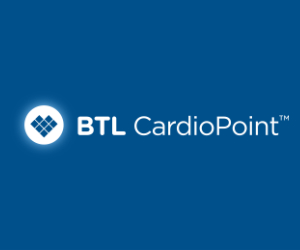Primary and secondary prevention of the non-variceal upper gastrointestinal tract hemorrhage in patients on antiaggregation therapy
Dual antiplatelet therapy has been found to reduce the risk of cardiac death, myocardial infarction, stroke and stent thrombosis following acute coronary syndrome and percutaneous coronary intervention. The current guidelines recommend a dual antiplatelet therapy with thienopyridine derivatives (e.g. ticlopidine or clopidogrel) combined with aspirin during the 12 months following percutaneous coronary intervention. However, this therapy is associated with bleeding complications, such as gastrointestinal bleeding, which is one of the most common life-threatening complications, especially in patients with multiple risk factors. Application of gastrointestinal prophylaxis, in the form of primary prevention (prevention of the first episode of bleeding) or secondary prevention (prevention of recurrent bleeding) is important in this population in order to reduce the risk of gastrointestinal bleeding. The potential adverse events associated with proton pump inhibitors therapy must be considered in order to ensure no additional harm to the patient.
Key words:
aspirin; clopidogrel; dual platelet aggregation inhibition therapy; prevention; proton pump inhibitors; upper gastrointestinal tract hemorrhage





